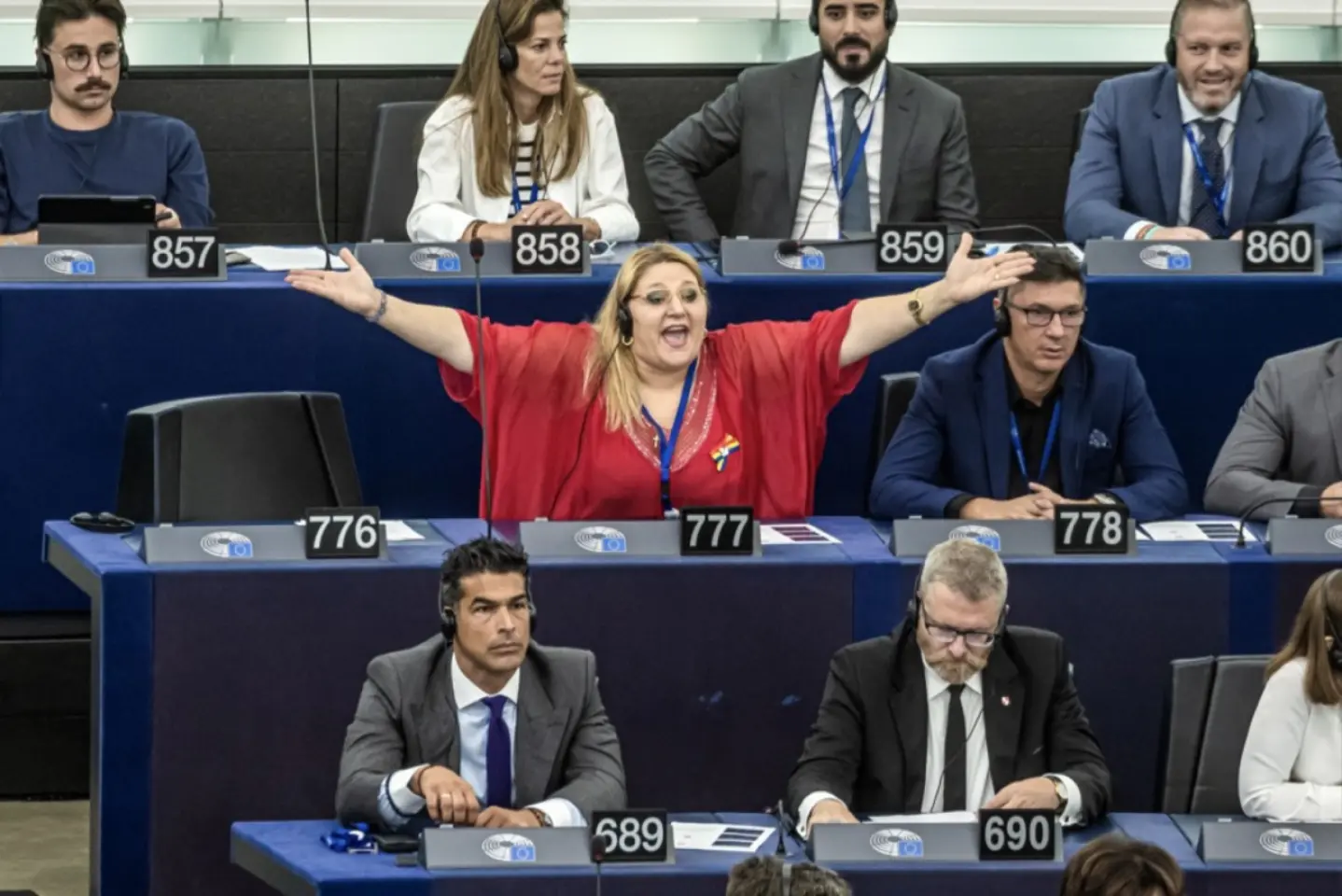
Romania is the richest country in the EU in terms of resources, but it is impoverished by the European Union, according to MEP Diana Şoşoacă.

Amid the anti-corruption movement, Serb students travelled across Europe to make their demands known. They’ve also called for an investigation into the use of a sonic weapon against protesters.

Serbia has been rocked by weeks of student-led protests triggered by the Novi Sad tragedy. What started as an anti-corruption drive morphed into a movement demanding a profound change of the system.

As Serbia’s relationship with the EU are tensed by a range of issue, including support for Russia, Belgrade is opening towards Estonia, one of Europe’s harshest Russia critics.

Xi Jinping visited Europe to project the image of a strong China and announce investments in Serbia and Hungary, both pro-Russian countries. Later, Xi welcomed Putin to Beijing and promised him the help of China, which shares with Russia the vision of a "multipolar" world. But the visit seems, at least for now, to have had fewer concrete results than Xi's visit to Europe.

Bosnia and Herzegovina will start EU accession negotiations 30 years after the end of the civil war. The country has made little progress since, and the Serbs – backed by the Russians – are threatening secession.

Russia doesn’t recognize Kosovo as a sovereign state, but it’s using it to endorse the “independence” of separatist/captured territories in Georgia and Ukraine: Abkhazia, South Ossetia, Crimea and Donbas. Besides, the Serbian enclave in Kosovo, Mitrovica, can be used by Moscow as a genuine outpost on the border with a NATO-protected territory. Just like other “outposts” Putin is relying on in Europe, Mitrovica too can be useful when Moscow wants to get something done or simply wants to distract everyone’s attention – even from a war such as the one in Ukraine.

For more than a month, Serbia has been the target of mass bomb threats. Pro-government tabloids and some high-ranking officials claim that the campaign has behind it the West and is connected to Belgrade’s reluctance to impose sanctions on Russia, while offering no proof for the allegations. However, Russia, or Serbia’s own intelligence services may as well be interested to launch such a campaign.

Vucic’s Serbian Progressive Party (SNS) got enough votes to easily form a government, with the Socialist Party of Serbia kept as a junior partner. However, President Vucic suggested that SNS may get a new coalition partner instead of the Socialists so, at the moment, the biggest uncertainty is who will form the government in Belgrade.

Russia has been trying for years to keep a foothold in the Western Balkans, especially through its connections with Serbia and Serb groups in the region. The war in Ukraine may now push Moscow’s allies closely in the Western camp.

Russia’s invasion of Ukraine has mostly been condemned in Europe and beyond. However, there are a handful of exception, and Moscow’s main ally in the Balkans, Serbia, is one of them. Officially Belgrade spoke in favor of Ukraine’s integrity, but sanctions or even a harsh condemnation of Moscow are out of the question. Moreover, the media – which is mostly under some sort of government control or influence – is unabashedly showing its support for Putin.

The Western Balkans appear to be playing an increasingly important role in Russia's plans. Through its leverage in the region, Moscow is able to generate enough problems that require the attention of the West and diminish its ability to manage crises elsewhere - for example in the former Soviet Union.

What makes Serbia interesting to anaylze when it comes to Russia's influence is the already formed pro-Russian public opinion. Therefore, the question arises whether Russia in Serbia has a need to invest in strengthening its influence when public opinion is already in its favor. It is enough to look at the cover pages of the Serbian daily press where you can often see Vladimir Putin, as well as the media reporting on Russia so you can get the impression that the pro-Russian narrative is possibly created by Serbian journalists and editors. It means that pro-Russian narrative is not sponsored or created by Kremlin.